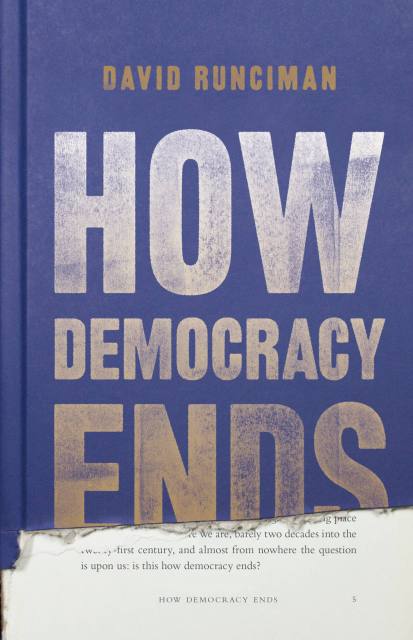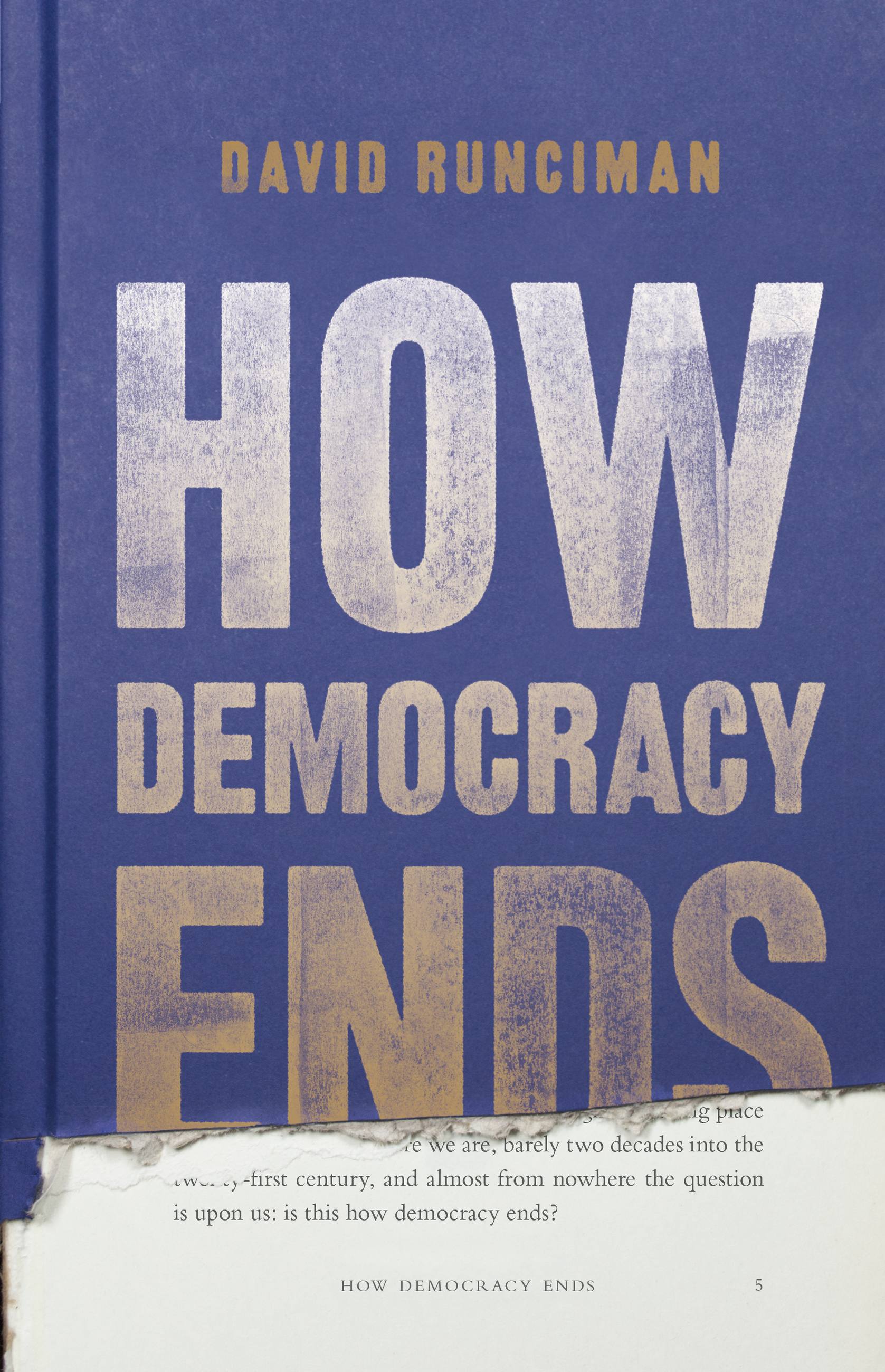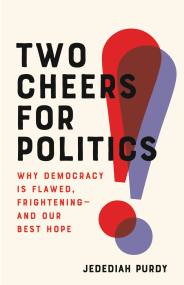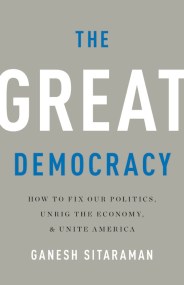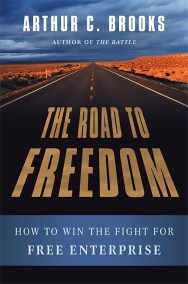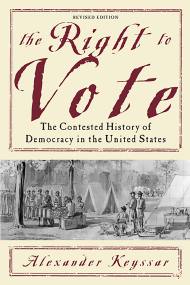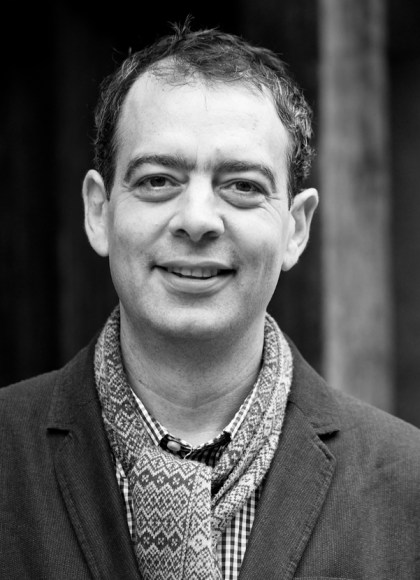By clicking “Accept,” you agree to the use of cookies and similar technologies on your device as set forth in our Cookie Policy and our Privacy Policy. Please note that certain cookies are essential for this website to function properly and do not require user consent to be deployed.
How Democracy Ends
Contributors
Formats and Prices
- On Sale
- Jun 5, 2018
- Page Count
- 256 pages
- Publisher
- Basic Books
- ISBN-13
- 9781541616790
Price
$16.99Price
$21.99 CADFormat
Format:
- ebook $16.99 $21.99 CAD
- Hardcover $27.00 $35.50 CAD
- Audiobook Download (Unabridged)
This item is a preorder. Your payment method will be charged immediately, and the product is expected to ship on or around June 5, 2018. This date is subject to change due to shipping delays beyond our control.
Buy from Other Retailers:
Since the end of World War II, democracy’s sweep across the globe seemed inexorable. Yet today, it seems radically imperiled, even in some of the world’s most stable democracies. How bad could things get?
In How Democracy Ends, David Runciman argues that we are trapped in outdated twentieth-century ideas of democratic failure. By fixating on coups and violence, we are focusing on the wrong threats. Our societies are too affluent, too elderly, and too networked to fall apart as they did in the past. We need new ways of thinking the unthinkable — a twenty-first-century vision of the end of democracy, and whether its collapse might allow us to move forward to something better.
A provocative book by a major political philosopher, How Democracy Ends asks the most trenchant questions that underlie the disturbing patterns of our contemporary political life.
Newsletter Signup
By clicking ‘Sign Up,’ I acknowledge that I have read and agree to Hachette Book Group’s Privacy Policy and Terms of Use
